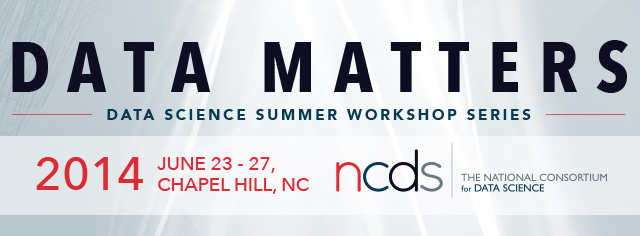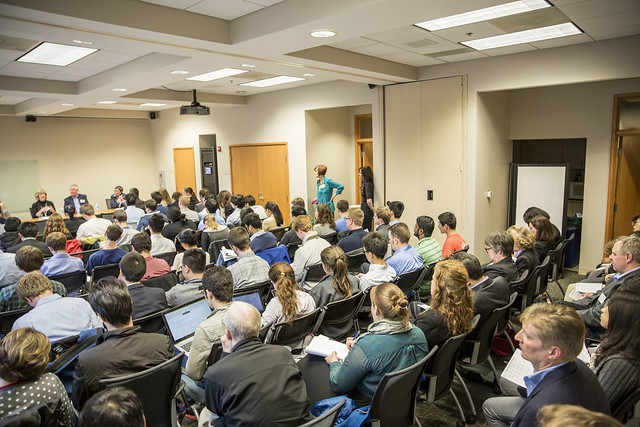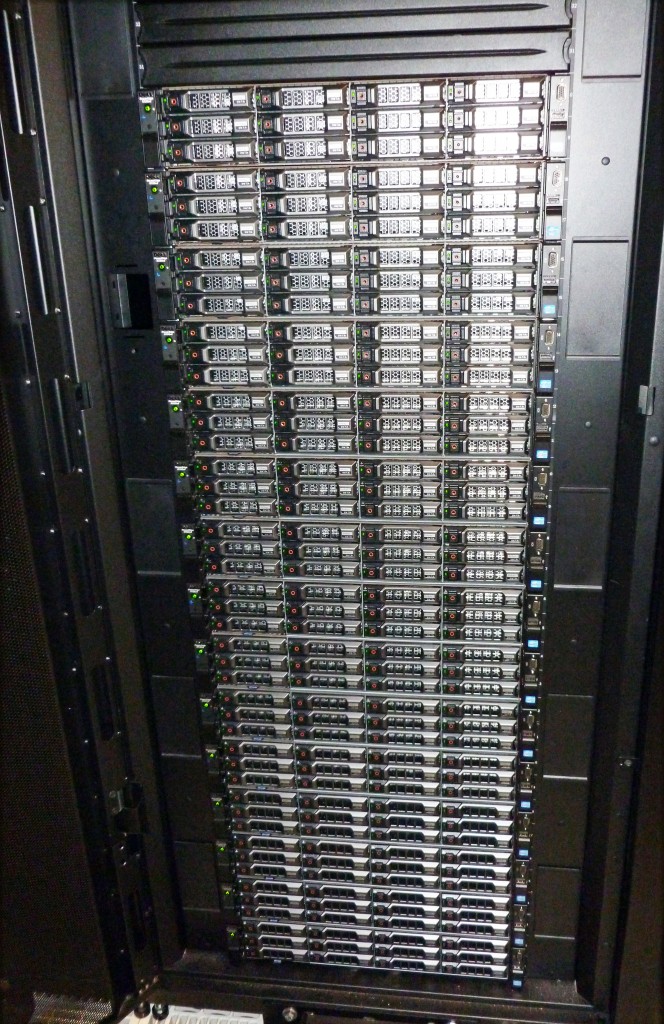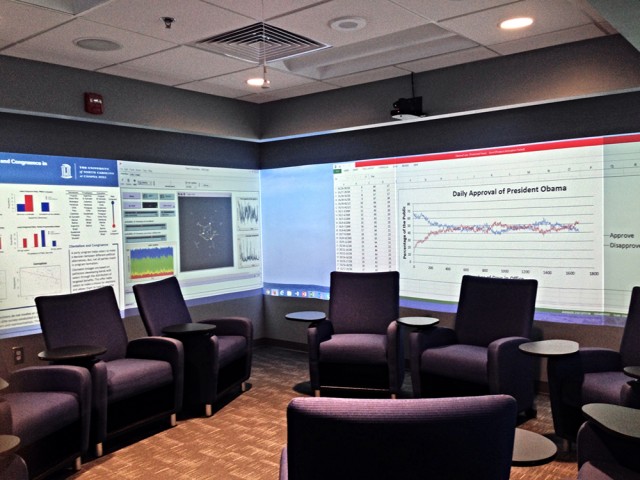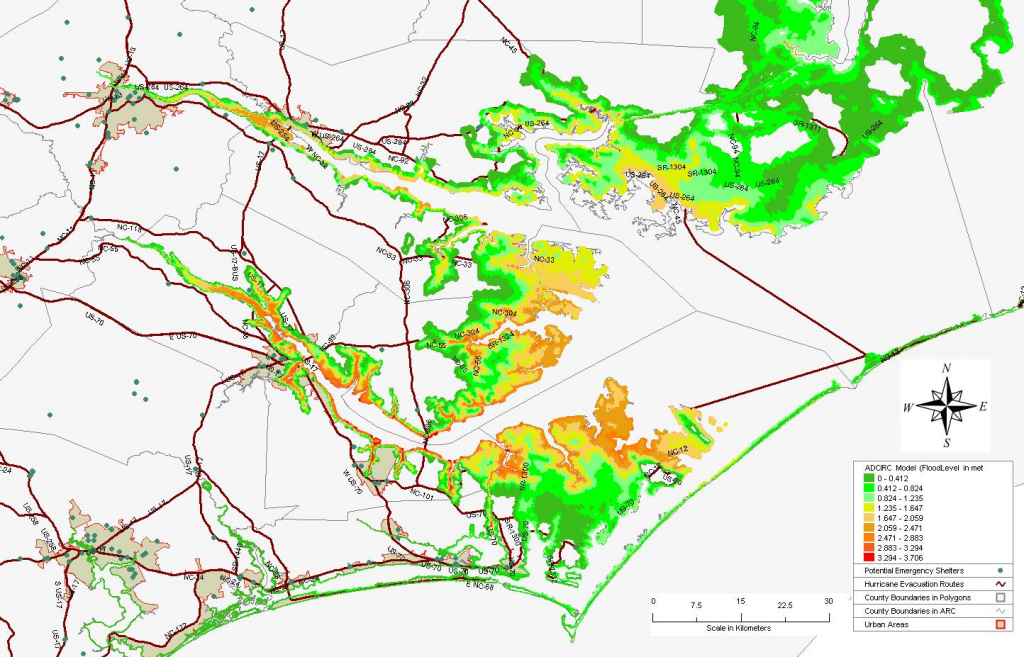
An old family photo used in the new “Cedars in the Pines” exhibit at the N.C. Museum of History.
RENCI Web Interface Designer Joe Hope is working with staff at the Digital Innovation Lab at UNC Chapel Hill and Akram Khater, Professor of History and Director of the Middle Eastern Studies Program at NC State University, to build a set of interactive maps for “Cedars in the Pines,” an exhibit opening Saturday, February 22 at the North Carolina Museum of History.
“Cedars in the Pines” is the first exhibition to commemorate the history of the Lebanese immigrants who have made North Carolina their home since the 1880s. The multimedia exhibit will feature personal stories, photographs, home movies, letters, artifacts, and audio recordings that will highlight the diverse experiences and contributions of Lebanese Americans in the state. Other interactive components will include maps, computer games, Arabic music, and a dance floor to learn dance steps. The exhibit runs through August 31, 2014. Read more
